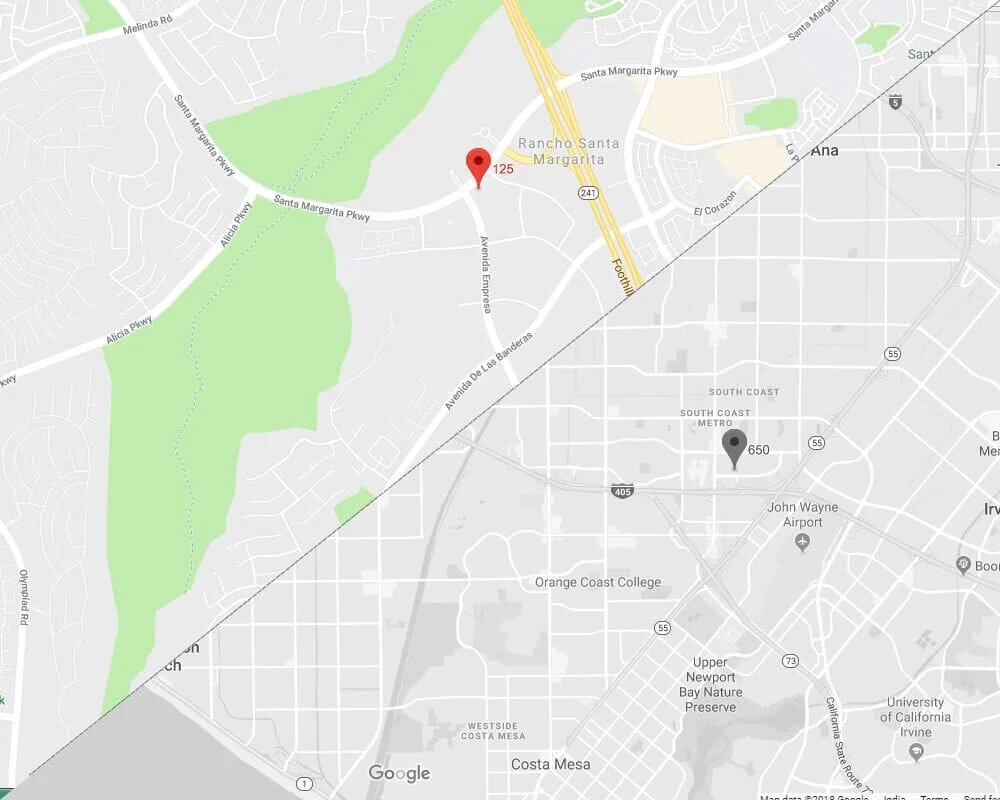
Evidence Collected During The Naturalization Process
As part of the naturalization process, an applicant may have to show that he or she is of good moral character. Immigration officials in California or anywhere else might be required to learn more about any offenses that an applicant has committed either in the United States or overseas. This could involve getting a statement regarding any offenses that an applicant was not formally charged with.
When speaking with a foreign national, an immigration official can take into account the applicant’s education and ability to speak English. An official may rephrase questions or take other steps to ensure that the interviewee understands the questions being asked. Court depositions are required if a foreign national has committed certain offenses such as murder or an aggravated felony. Depositions are also typically required if an applicant was taken into custody for a crime that would require probation when a change of status occurs.
Finally, a deposition may be required if there is a reason to believe that a criminal record would result in an individual being removed from the United States. If a foreign national does not comply with a request for evidence, the application should be reviewed on its existing merits. A refusal is generally not grounds for dismissal on its own.
Those who are looking to become permanent residents in the United States may need help with the naturalization process. An attorney could provide timely guidance to those who request it. Legal counsel may also be able to help those who are facing the prospect of deportation even after obtaining permanent resident status. This could maximize the chances of being allowed to remain in the country for the foreseeable future.
Learn More About What We Can Do To Help
We invite you to call us at 949-459-5900 to schedule your free initial consultation. You can also reach our firm by contacting us online.
Tell Us About Your Case
Each time we take a case, we look at the big picture: What can we do to best help solve the problem as efficiently as possible. We use our experience and creativity to propose solutions that allow you to put your legal matters behind you.
© 2025 Brown & Stedman LLP. All rights reserved.
